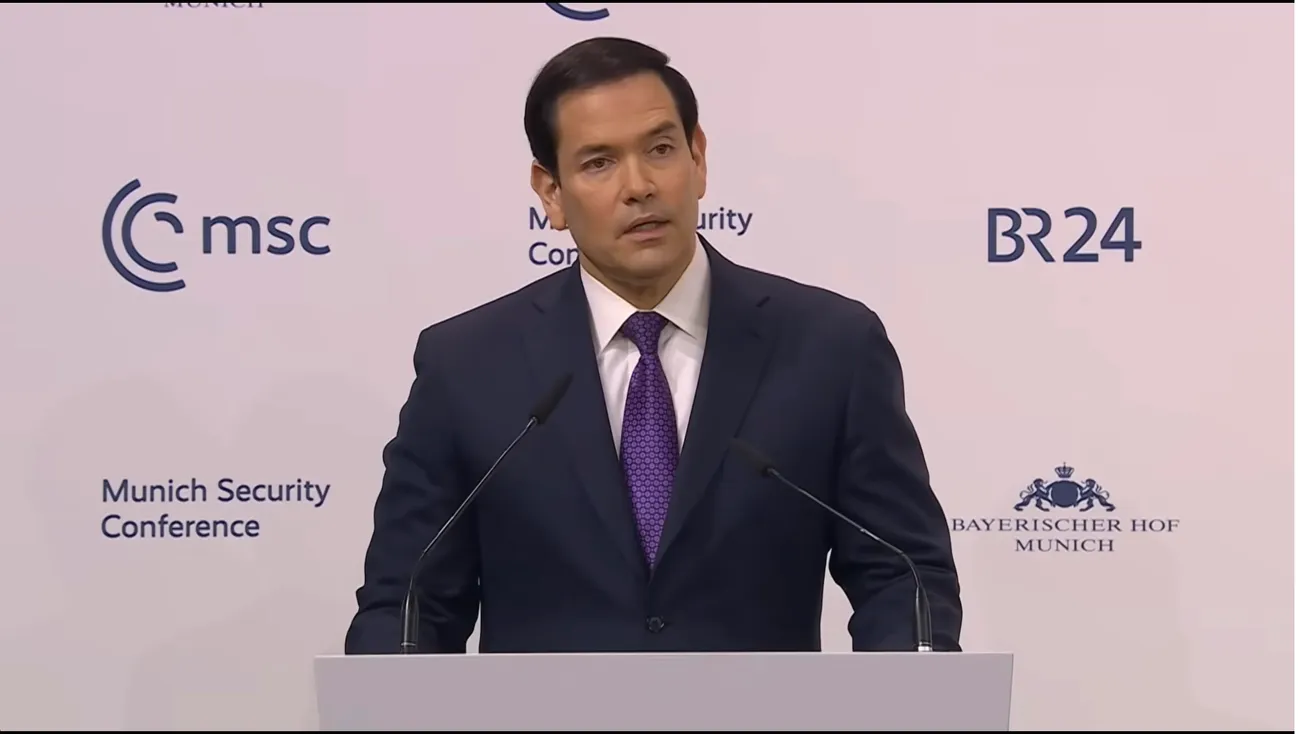On Friday evening Dec. 2, journalist Matt Taibbi released what he claimed was the “first installment” of a trove of internal documents from Twitter execs that detail a shocking story of selective censorship by the social media company. The question that remains, and is already clear to a certain extent, is: how much of this was done at the request of and in collaboration with the government? As we now know, these files were given to Taibbi by Elon Musk (see separate report) for this purpose. (https://taibbi.substack.com/p/note-to-readers-8d4 )
The release so far focuses largely on the intentional suppression of the Hunter Biden laptop story by Twitter during the run-up to the 2020 elections—the salacious and apparently truthful material about President Biden’s son and some of his dealings in Ukraine. What Taibbi shows is that when the story was put out by the New York Post in October 2020, Twitter went into high gear shutting down all access to it, even the unprecedented step of preventing it from being shared via direct messaging. The company locked the New York Post’s Twitter account for a full two weeks following its release, and even suspended White House Press Secretary Kaleigh McEnany’s account merely for sharing it.
At this point there ensued a frantic effort within Twitter—yet, interestingly, without the knowledge of Twitter CEO Jack Dorsey—to come up with a rationale for such extreme censoring, landing on the story that it was “hacked material” and therefore “unsafe” for public consumption. “Hacking was the excuse, but within a few hours, pretty much everyone realized that wasn’t going to hold,” one former employee said. Yoel Roth, Twitter’s Head of Site Integrity, wrote in an email: “Given the SEVERE risks here and lessons of 2016, we’re erring on the side of including a warning and preventing this content from being amplified.” At a certain point, Twitter’s top lawyer Jim Baker (not the former diplomat) advised the Twitter team that “we need more facts,” but that the cover-up should continue because “caution is warranted.” Conveniently, Baker had moved to Twitter’s legal team from his former position as top lawyer at the FBI.






